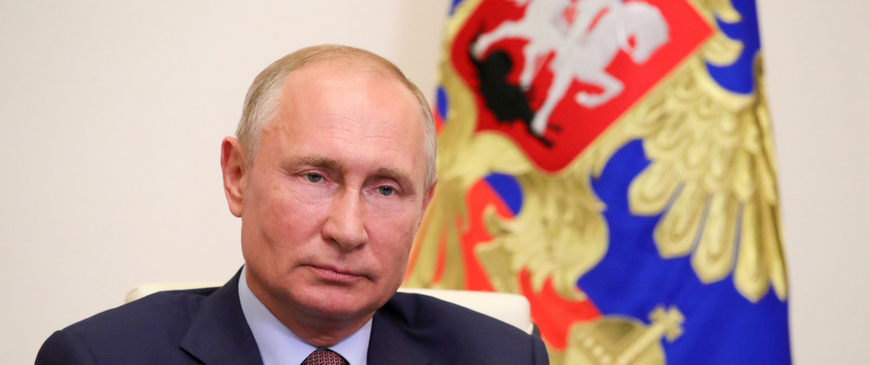
West underestimated importance of rule of law in Russia - former British ambassador to Latvia
In the 1990s, the West missed several opportunities to push Russia in a different direction, primarily by focusing too much on Russia's economic transformation and underestimating the importance of the rule of law. Ian Bond, director of foreign policy at the CER and former British ambassador to Latvia, said in an interview with LETA during the 2023 Riga Conference.
The West paid a lot of attention to Russia's economic transition from a communist-style planned economy, but not enough to the institutions that strengthen democracy - effective courts, effective institutions, control over the government and government agencies, summed up Bond, who worked in Moscow in the mid-1990s.
However, the responsibility for what has happened in Russia does not lie with the West, but with the Russians themselves, above all with people like President Vladimir Putin, who has been running the country for more than 20 years, stressed Bond.
In the 1990s, West missed the opportunity to steer Russia in a different direction, said Bond. However, the world would not necessarily be in a significantly different situation today. The resentment in the minds of many Russians at the loss of the Soviet empire would probably not have disappeared. But the way in which a small group of people became extremely rich in the 1990s, combined with people's sense that they had lost everything in the meantime, was certainly very damaging to the development of a healthy political culture in Russia, he explained.
Bond believes that if Putin were to lose power, the most likely outcome would be continuity of the current policies. Nevertheless, history shows that the situation could indeed improve, as it did after Stalin's death.
However, Bond's more realistic prediction is that we will see a similar type of regime. In the first years after such a transition, new leadership always tends to consolidate power, so it might be less focused on "adventures abroad", in Ukraine or elsewhere in Europe. This could be a moment of opportunity, but Bond would not want to overestimate the chances.
Bond sees a break-up of Russia as a very unlikely scenario. Maybe some small parts of Russia could try to seek independence, but we have to bear in mind that most of Russia is populated by Russians. There are, for example, a large proportion of Tatars among the minorities, and a few others, but this is still a small part of the Russian population. It is also hard to imagine an independent Tatarstan completely surrounded by Russian territory, he said.
The only exception is Chechnya, because even when the Soviet Union collapsed, there was no serious will for independence, for example, in Bashkortostan, Tatarstan or Buryatia. And even if Chechnya were to secede from Russia, this would in no way threaten the continued existence of the Russian state, the expert stressed.
Asked about the future of Belarus, Bond emphasized the importance of the massive demonstrations in 2020 against the regime of Alexander Lukashenko. Bond does not believe that Putin's attempt to take power in Belarus in one way or another would necessarily succeed.
In the 1990s we were worried that Belarus had a very weak national identity, that Belarusians felt in many ways like Russians. However, over the last 30 years, Belarusians have developed as Belarusians, which was clear to see in 2020, said Bond.
Although the protests did not succeed in ousting Lukashenko, they were extremely large, lasted for a long time and required a lot of violence to quell, said Bond. The Belarusians showed that they are different from the Russians, who were much more passive. Even in 2011 and 2012, when there were also protests in Russia against the rigged elections, they were nowhere near as massive in Minsk in the summer of 2020.
Lukashenko is therefore aware that his position is fragile. He obviously understands that it would be very dangerous to commit troops to war in Ukraine without popular support, so he can only offer Putin rhetorical support and take damaging actions on the borders of NATO countries.
If at the beginning of the war we were worried that Belarus would become an active participant in the war, now Bond is much less worried about it.
